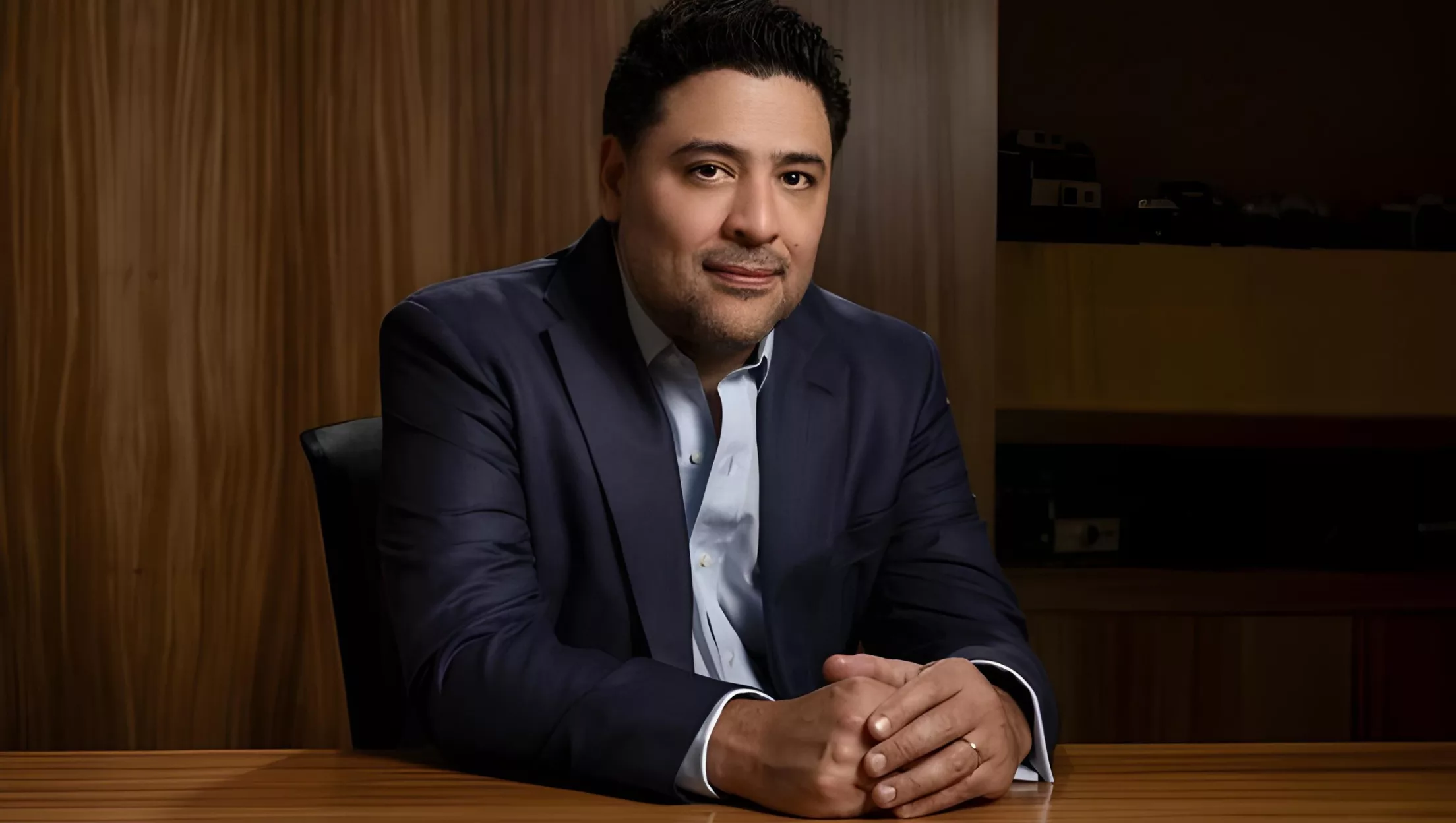
The digital asset management industry is shifting to use non-custodial solutions more often, as there is a growing demand for greater control and security among investors.
The Shift from Custodial to Non-Custodial Models
Typically, custodial solutions involve third-party entities — such as banks or specialized firms — that manage and hold digital assets on behalf of clients. While this model is convenient, it brings several vulnerabilities, including technological risks, fraud, and the potential loss of control over funds.
Non-custodial models allow users to retain direct ownership of their digital assets, typically by utilizing private keys stored on personal devices or hardware wallets. This approach reduces reliance on third parties and mitigates risks associated with centralized storage. According to Appventurez, 66.5 percent of crypto wallet holders prefer non-custodial options over custodial ones.
Enhanced Security and Risk Mitigation
One key advantage of non-custodial solutions is that they provide enhanced security. By maintaining control over private keys, investors decrease their exposure to hacks that frequently target centralized platforms. The 2014 Mt. Gox exchange hack, which resulted in the loss of $450 million in customer funds, is an example of the risks that custodial services can bring. From here, the crypto community adopted the famous phrase “not your keys, not your assets.”
In non-custodial models, individuals are responsible for their own security, so they are able to implement strong and sophisticated protective measures. This transition to non-custodial solutions in digital asset management empowers users with greater control over their investments while reducing exposure to systemic risks.
Growing Adoption of Non-Custodial Wallets
This move toward non-custodial wallets is changing how investors view risk management. A 2023 CoinDesk survey found that 62 percent of respondents showed concern for the security of custodial solutions. As people become more aware of these vulnerabilities, investors are more likely to adopt non-custodial solutions and take control over the security of their assets.
The Role of DeFi in Non-Custodial Asset Management
The rise of decentralized finance (DeFi) platforms is proof of the increasing preference for non-custodial models. These applications operate on blockchain networks, facilitating peer-to-peer transactions without intermediaries. According to CoinDesk, the total value locked in DeFi reached over $50 billion in 2023, showing that there is strong interest in decentralized solutions. As investors engage with DeFi, they are often seeking non-custodial wallets to maintain control over their assets while participating in these unique ecosystems.
PBG.io: Leading the Transition to Non-Custodial Solutions in Digital Asset Management
One company that is leading the way in DeFi is PBG.io. This company is changing how investors view security and control in digital asset management through its Decentralized Vault Portfolios (DVPs). Founded by Pablo Antonio Bejarano, PBG.io’s approach prioritizes investor autonomy by enabling users to have direct control over their assets while engaging in sophisticated investment strategies. DVPs are tokenized investment funds built on the Cardano blockchain that leverage smart contracts to automate and enforce investment terms without the need for intermediaries.
DVP tokens represent a user’s share in the fund, allowing for immediate access to investments and eliminating traditional middlemen. Users can buy into or exit a DVP at their discretion, increasing both liquidity and flexibility. This model fosters an environment of transparency, as investors can monitor their assets in real-time and verify their holdings anytime on the blockchain.
The Future of Non-Custodial Digital Asset Management
Bejarano explains that the mission of PBG.io is to create the best financial product possible through blockchain technology. “Radical transparency builds trust,” he says, reflecting the company’s commitment to empowering users with control and visibility over their investments. By eliminating custody risks and providing instant liquidity, DVPs address common issues in traditional asset management, such as mismanagement and lack of access.
The market for tokenized assets is expected to experience significant growth. Industry leaders estimate that by 2030, approximately $10 trillion in tokenized real-world assets will exist. This positions PBG.io to meet the needs of the asset management sub-industry, estimated at around $50 billion.

Regulatory Challenges and Future Adaptations
Challenges remain, particularly regarding regulatory frameworks. The international landscape for decentralized finance is still evolving, and navigating compliance can be complex. Regulatory bodies are still defining their approach, often resulting in ambiguity that can hinder innovation and adoption. Jurisdictions vary widely in their acceptance and treatment of cryptocurrencies and decentralized applications, leading to uncertainty for users and developers alike.
However, PBG.io is proactively developing solutions to adapt to these challenges while ensuring that users have access to the best financial tools available in a shifting regulatory environment. This includes leveraging smart contracts to ensure compliance while maintaining user autonomy and control over their assets. By embedding regulatory checks into their technology, PBG.io aims to offer a secure and compliant environment that does not sacrifice user experience.
Conclusion
The move toward non-custodial solutions fundamentally transforms how investors approach risk, control, and security in digital asset management. This transition to non-custodial solutions in digital asset management is not just a trend but a necessary shift for those seeking more security, flexibility, and control over their investments.
PBG.io’s commitment to decentralization and transparency provides users with a unique opportunity to invest in digital assets with enhanced autonomy and security. As awareness of the benefits of non-custodial solutions grows, this model will likely gain further traction in the evolving digital asset industry.
Fuente: Investing.com



